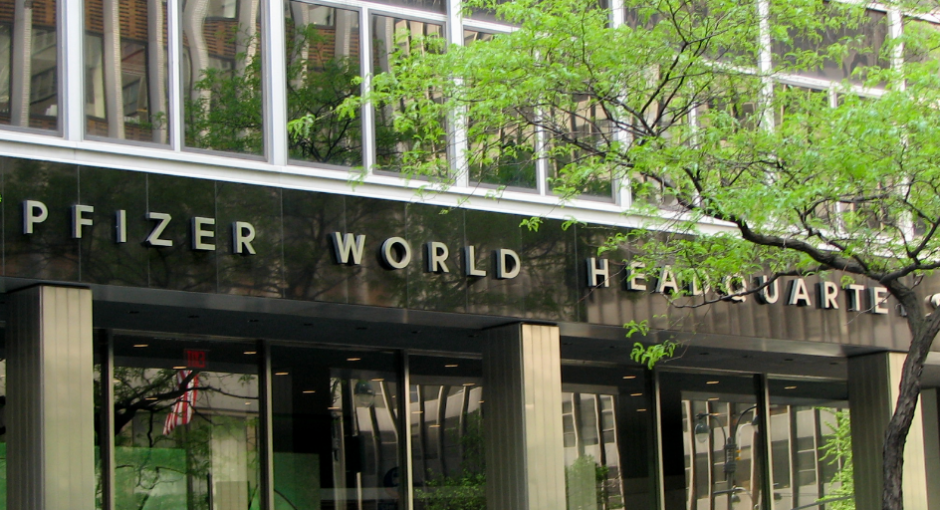Drug manufacturer Pfizer last week cited a federal judge’s June 16 opinion in AstraZeneca’s 340B contract pharmacy lawsuit in Pfizer’s own lawsuit aimed at striking down federal restrictions on manufacturer copay assistance to Medicare beneficiaries.
Pfizer sued the U.S. Health and Human Services Department (HHS) last year over the HHS Office of Inspector General (OIG) 2005 and 2014 guidance stating that manufacturer direct copay assistance to patients is prohibited by the Anti-Kickback Statute (ASK) and Benefit Inducement Statute (BIS).
Pfizer says it wants to offer patients financial help to cover their Medicare Part D cost-sharing obligations for a Pfizer drug, tafamidid, to treat a rare, progressive cardiac condition known as ATTR-CM. Patients would get the financial aid either directly from Pfizer, or through an independent charity. Because tafamidid is the only drug proven effective for the treatment of ATTR-CM, the independent charity would support a single disease and a single drug. OIG indicated in its 2005 and 2014 guidance that it would look with suspicion on single disease funds and single treatment funds. In 2019, OIG denied Pfizer’s request for an advisory opinion giving the company a green light to provide copay assistance.
The government, the insurance industry and some health policy policy experts believe that co-pay assistance programs give drug companies a green light to raise prices since patients are somewhat insulated from the price hikes. They are permissible in the commercial market but not in Medicare.
A federal district judge in New York City heard oral arguments in the case on June 22. A day earlier, Pfizer sent the judge a letter alerting her to U.S. Chief District Judge Leonard Stark’s ruling the week before in AstraZeneca’s 340B contract pharmacy lawsuit. Stark held that the HHS General Counsel’s conclusion in a December 2020 advisory opinion that the 340B statute requires manufacturers to sell their products at or below 340B ceiling price for shipment to contract pharmacies “is legally flawed.” Stark said Congress was silent about the role that contract pharmacies may play in purchases of 340B drugs. “There is more than one permissible interpretation of the statute,” he said.
Pfizer, in its letter to the judge assigned to its case, argued that OIG “made a similar error of statutory interpretation here in finding the AKS criminalizes copay assistance to needy Medicare patients in circumstances where no kickback nor improper inducement occurs.”
The U.S. Justice Department (DOJ), representing HHS in the Pfizer lawsuit, responded in their own letter to the judge on June 22 that “Pfizer’s letter and the AstraZeneca opinion are legally, factually, and procedurally irrelevant to this case.”
“Pfizer simply does not like HHS-OIG’s long-standing interpretation, and would like the court to use this case as a vehicle to rewrite and revise it in a declaratory judgment,” DOJ said.
Inside Health Policy was first to report about Pfizer’s invocation of Stark’s decision.


